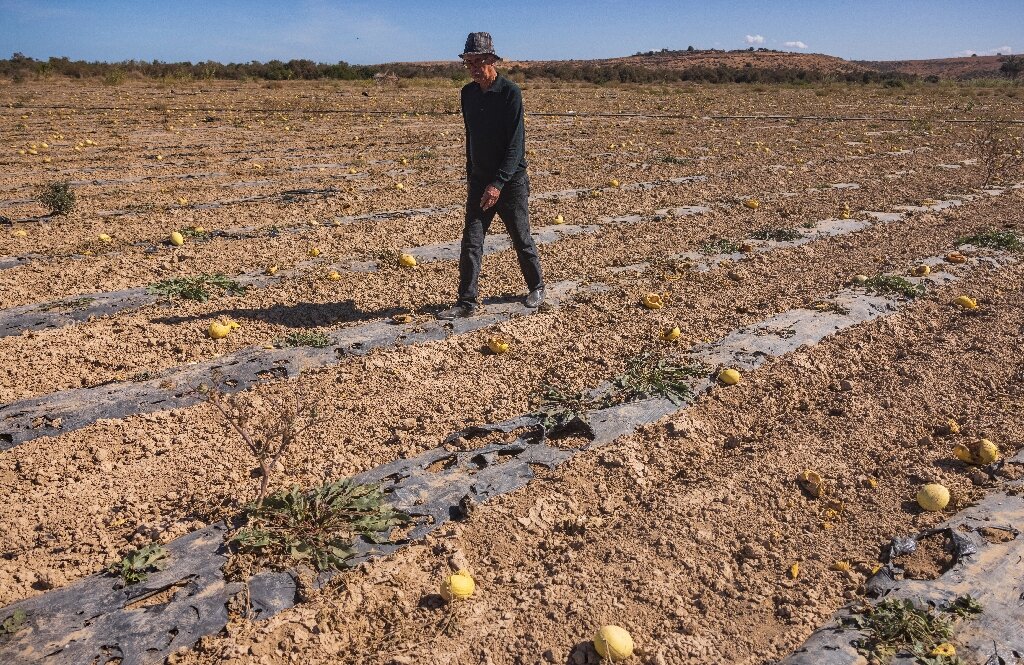
Morocco’s agricultural minister claims that successive droughts have affected the country’s cattle
Agriculture Minister Ahmed El Bouari said Thursday that after nine years of drought, Morocco’s herds of sheep and cattle had shrunk by 38% since the previous census.
Long-term droughts for six years have depleted Moroccan dams, led to a large loss of farming jobs, and forced the nation to expedite its desalination plans.
El Bouari informed reporters that rainfall this year was 53% less than the norm over the previous 30 years.
He claimed that because there was a shortage of grass for cattle to graze on, meat output decreased, increasing the need for imported animals and red meat.
In an effort to maintain steady pricing on the local market, Morocco postponed the value-added tax and import duties on red meat, cattle, sheep, and camels in its 2025 budget.
Morocco has imported 704 tons of red meat, 21,000 cattle, and 124,000 sheep so far this year, he added.
El Bouari reported that irrigation dams in the important farming areas of Souss-Massa and Doukala were 15% and 2% full, respectively. According to him, the national dam filling rate has decreased to 26% as cities’ drinking water supply has taken precedence over farmland.
Soft wheat, durum, and barley—the nation’s mainstay crops—were planted on 2.6 million hectares, up from 2.4 million hectares the previous year, he added.
This depends “on the evolution of rainfall till the end of March,” according to El Bouari.
Due to drought, Morocco produced just 3.1 million tons of soft wheat, durum, and barley last year, a 43% decrease from the previous year.
All Categories
Recent Posts
Salah has the potential to repeat Premier League history
Mokwana creates history in Tunisia
Tags
+13162306000
zoneyetu@yahoo.com



